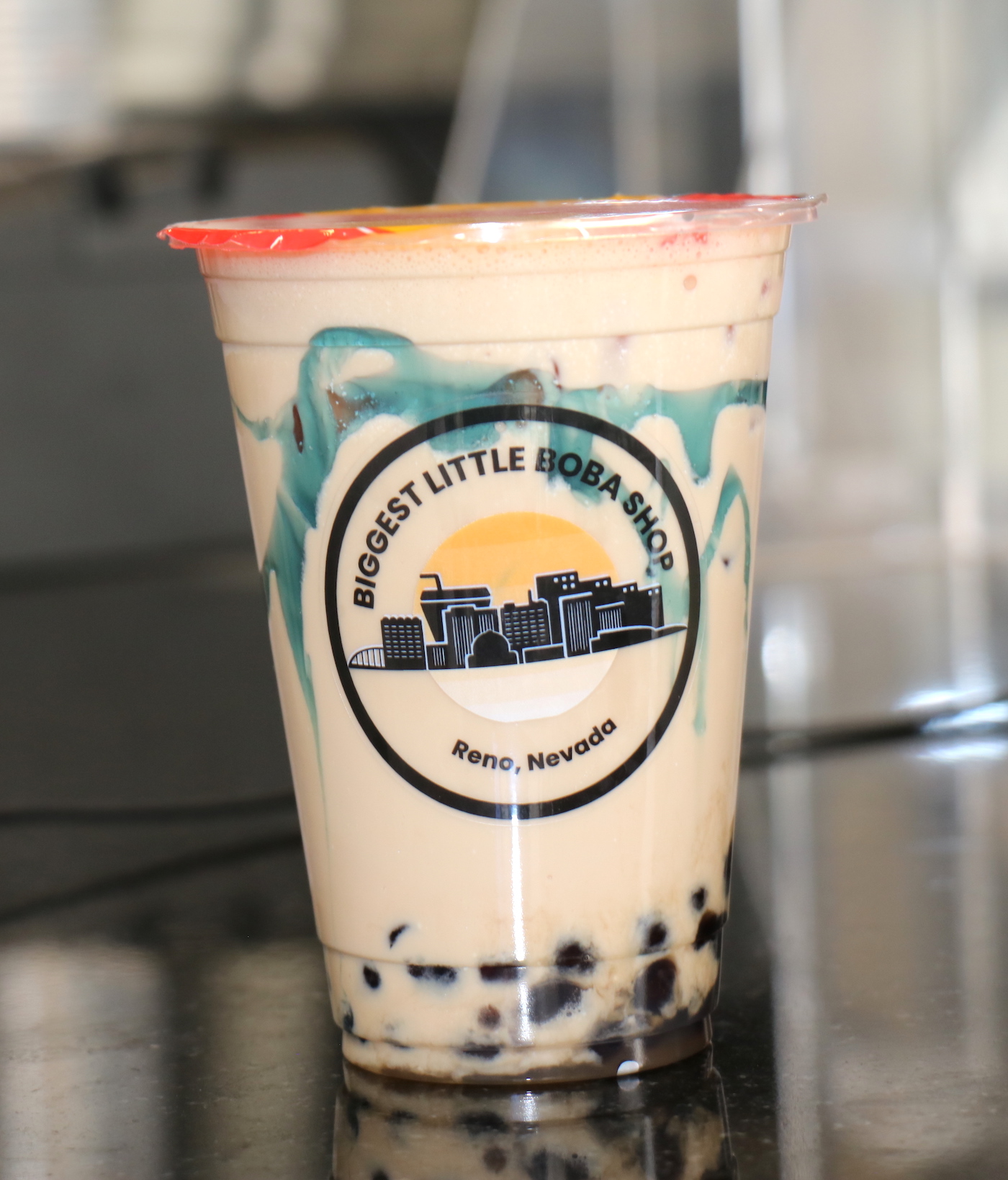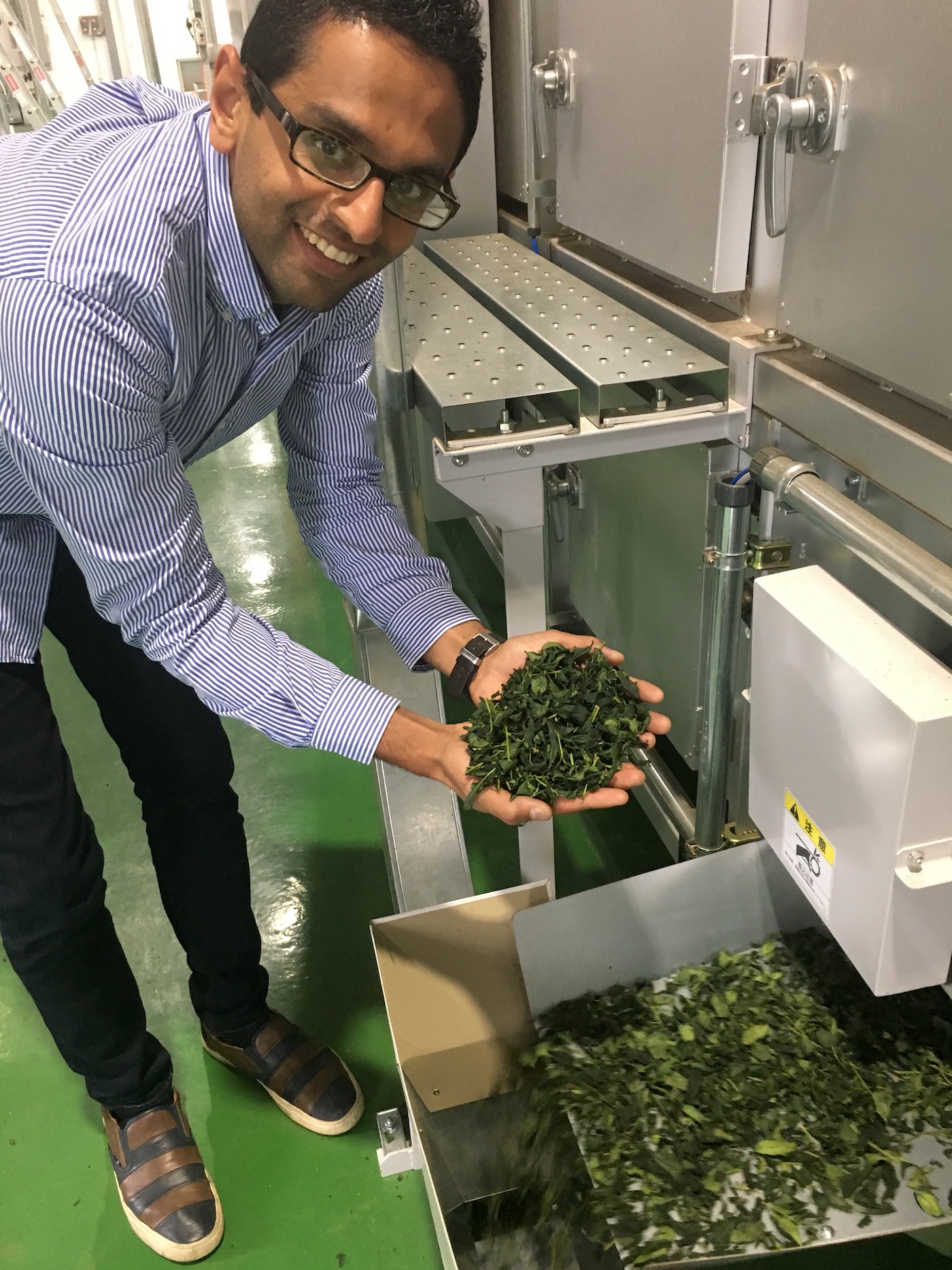Kyle Stenberg, co-owner of Biggest Little Boba Shop, mans the counter inside the downtown Reno business on Wednesday, May 27. Photo: Kaleb M. Roedel / NNBW
 A look at one of the bubble tea beverages offered by the Biggest Little Boba Shop. Photo: Kaleb M. Roedel / NNBW
A look at one of the bubble tea beverages offered by the Biggest Little Boba Shop. Photo: Kaleb M. Roedel / NNBW
 In this 2018 photo, Kunall Patel, co-owner of Davidson’s Organic Teas, inspects ingredients prepared to be manufactured into tea products at the company’s facility in Sparks. Courtesy: Davidson’s Organic Teas
In this 2018 photo, Kunall Patel, co-owner of Davidson’s Organic Teas, inspects ingredients prepared to be manufactured into tea products at the company’s facility in Sparks. Courtesy: Davidson’s Organic Teas
Comments
Use the comment form below to begin a discussion about this content.
Sign in to comment